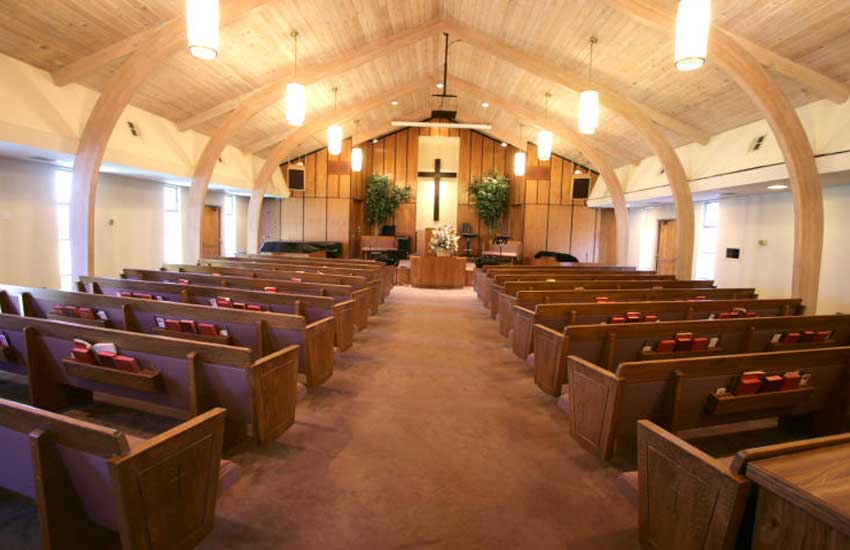As I grew up, in our households it was a must to go to church every Sunday. Skipping church was not an option unless you were seriously ill. That routine became part of who I was. Even now, when I miss a Sunday service, I feel empty, like something important is missing from my week.
But over time, things began to change. The older I got, the more I started to notice things that made church feel less like a sanctuary and more like a place of quiet judgment. I expected to find love, peace, and encouragement, but instead, I sometimes felt watched, whispered about, and criticized especially by other women when it came to how I dressed.
I also started noticing a lot of hypocrisy. People who preached about kindness and humility behaved with arrogance. Some spoke about forgiveness on the pulpit but couldn’t even greet others in the church compound. It became hard to reconcile the teachings with the behavior. Instead of helping me build my faith, these experiences slowly made me lose it.
Church politics added to the burden. Power struggles between leaders created tension in the congregation. Meetings became more about control than community. You could feel the division even during worship. It made church feel more like a battlefield than a place of refuge.
For others, it is a personal choice. It could be influenced by soul searching. People can get to a place where they realise they just go to church because they were taught so, but they don’t really understand why they do. Or maybe they see the evil that happens in church. We all know how churches can be full of gossip and backstabbing, yet these are the very places where preachers preach love. Such vices discourage people from being in church.
Then there was the issue of money. Many churches today emphasize giving, which in itself isn’t bad but sometimes it feels forced. You are constantly reminded to tithe and offer, even when you’re going through financial hardship. The message becomes less about faith and more about funding.
For some people, especially volunteers, burnout is a real issue. You’re expected to serve without rest, attend every event, and be available all the time. And when you finally need a break, people question your commitment. There’s little appreciation, just expectation.
I’ve also seen how difficult it is for young people to stay in church. The messages often don’t speak to their real-life challenges like mental health, identity, or addiction. Instead of being heard, they’re lectured. Eventually, they walk away, not because they hate church, but because they feel unseen.
Sadly, some people have experienced trauma within the church emotional, spiritual, or even physical abuse. When they try to speak up, they’re silenced or blamed. Staying becomes more painful than leaving.
The COVID-19 pandemic changed the church experience for many. Online services gave people space to connect with God without pressure or judgment. Some discovered new ways to grow spiritually without returning to traditional church settings.
Not everyone who leaves church loses their faith. Some are simply trying to protect it. They still believe in God, but they need healing from the pain they experienced in the very place that was meant to help them.












